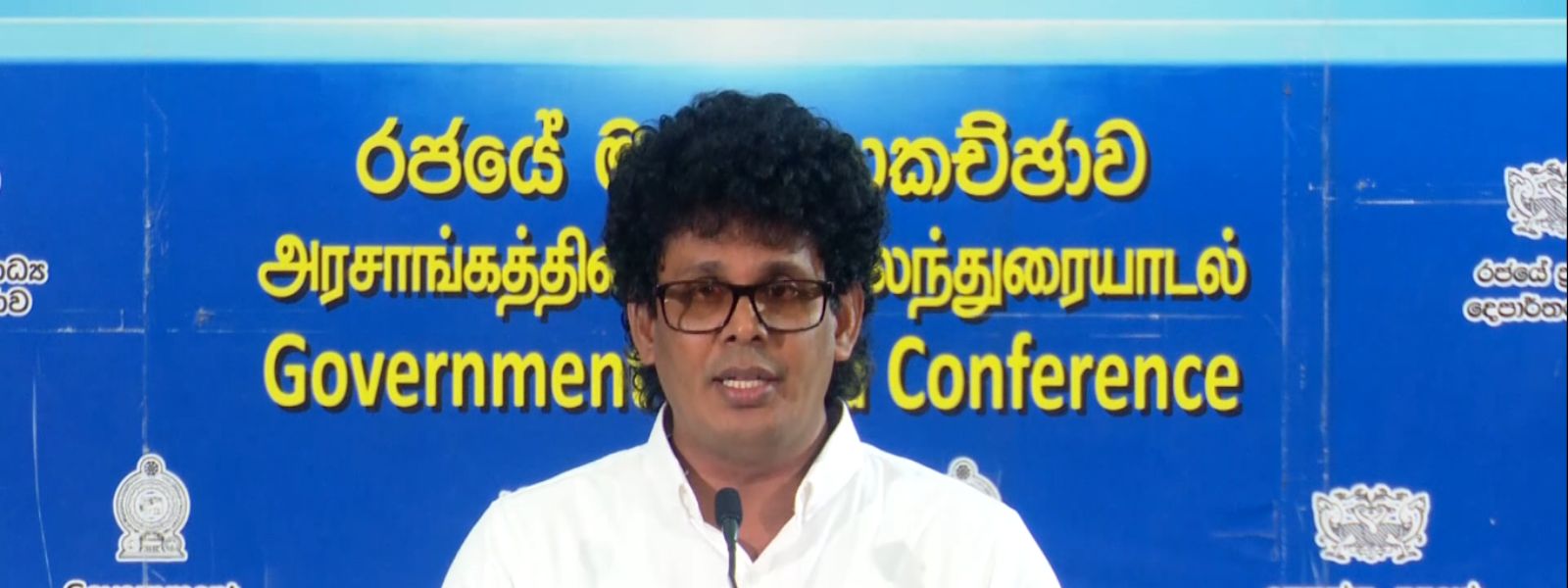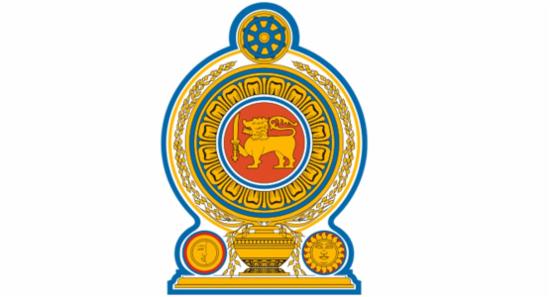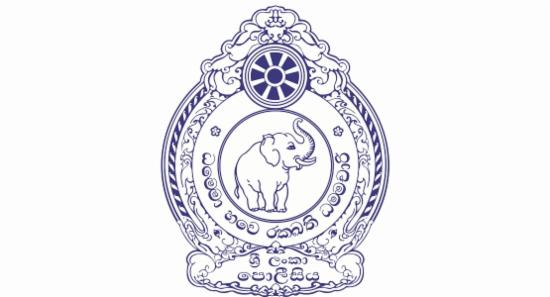.webp)

Sri Lanka to Import 70,000 MT of Rice to Address Shortage - Trade Minister
COLOMBO (News 1st) - Minister of Trade, Commerce, Food Security and Co-operative Development Wasantha Samarasinghe announced that Sri Lanka will import 70,000 metric tonnes of Nadu rice.
The decision comes as part of the government's efforts to address the rice supply gap and ensure affordable access for consumers.
Speaking at a media briefing, Minister Wasantha Samarasinghe explained that Sri Lanka's annual paddy production averages around 4.8 million metric tonnes, produced across two seasons. Of this, approximately 3.1 million metric tonnes is Nadu paddy, which is processed into rice. From this production, around 2.1 million metric tonnes of rice is generated, with an average monthly consumption of about 140,000 metric tonnes.
Despite a significant surplus of 1.04 million metric tonnes each month, the country continues to face challenges in ensuring rice availability in the market. "Even though there are price controls, once those prices are set, consumers are unable to buy rice in the market because farmers are not able to sell their paddy," said Minister Samarasinghe.
He highlighted that while some of the rice surplus is used for minor industrial production, such as for arrack and beer, the bulk of it remains unaccounted for in the market. This imbalance has led to shortages for consumers, and pressure on rice prices ahead of the upcoming Maha harvest season in January.
To mitigate the crisis, the government has decided to facilitate rice imports through two state-run organizations: Sathosa and the State Trading Corporation (STC). Both entities will work within a ceiling of 70,000 metric tonnes, with the imports set to begin before December 15. The imported rice will be sold at a fixed price of Rs. 220 per kilogram, ensuring that the cost remains affordable for consumers, with the possibility of the price being set lower depending on market conditions.
Minister Samarasinghe further emphasized that the government’s actions are designed to strike a balance between supporting local farmers and meeting the ongoing demand for rice. "We aim to ensure that both consumers and farmers are protected during this critical period," he said.
As Sri Lanka prepares for the Maha harvest, which typically begins in mid-January, the government is working to ensure that the rice supply chain is stable and that the market remains accessible to all citizens.
Other Articles
Featured News





.png )








-776750_550x300.jpg)



















.gif)